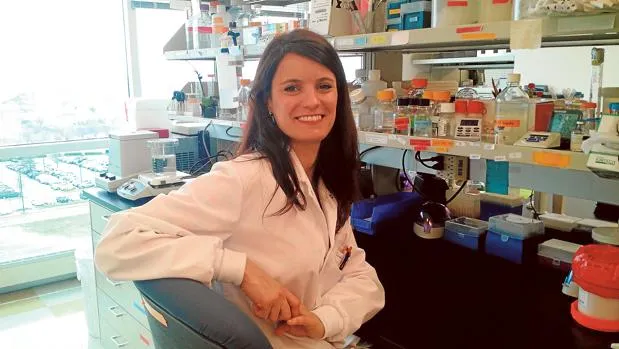Analyze diabetes therapies.They insist that he stays in the US, but he wants to return.
Isabel González Mariscal obtained a scholarship to start as a special research volunteer in the cell laboratory of the Pablo de Olavide University (UPO) during the environmental science career.
Then they gave him another for merits to do the master in biotechnology by the UPO, which ended in 2009. Then came another university scholarship to do the thesis at the Andalusian Center for Development Biology (CABD), integrated into the UPO, with the doctorSantos Ocaña.
He made the thesis on diseases associated with energy deficit due to lack of coenzyme that are rare metabolic diseases and was doctorate with Honors Cum Laude in 2011. "As you see," he says, "so far all funded with Spanish public money."
On December 31, 2011 he went to America, to Baltimore (Maryland) to one of the best centers in the world in health science, the National Institute of Health (NIH).To get an idea of its relevance, it should be noted that NASA is the same institute but of space.Here began a new line of research in diabetes and obesity in the Clinical Research Laboratory with Dr. Egan.
The objective is to seek novel approaches for the development of the most effective therapies for the treatment of diabetes.So far he has published and obtained several international awards and has already started a clinical study based on the data of his investigations."That is what leads to patentable drugs," he clarifies.There they insist that he stays, but she wants to return to Spain.


